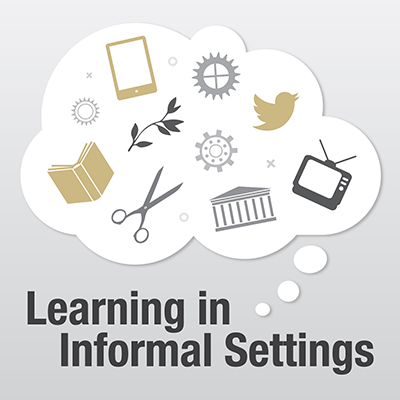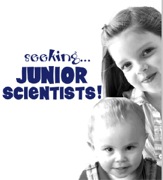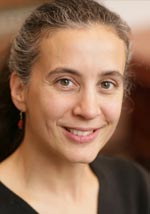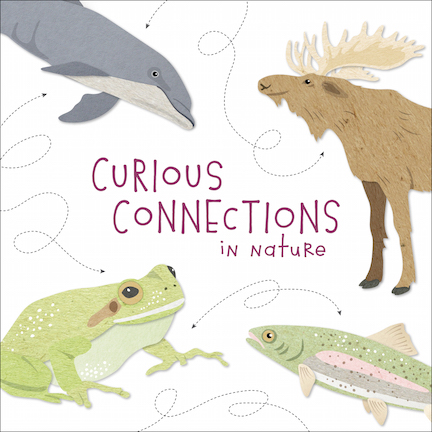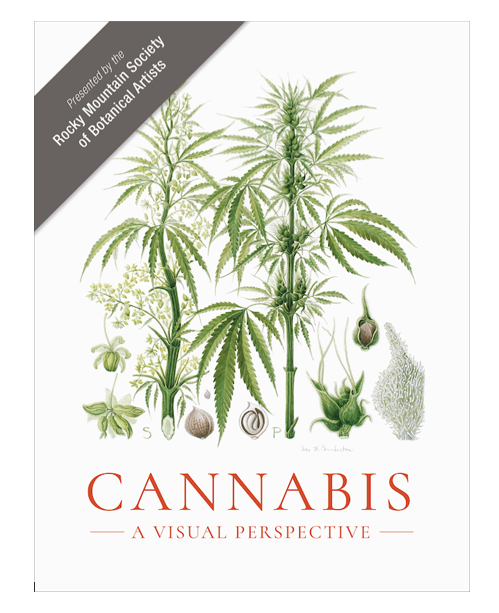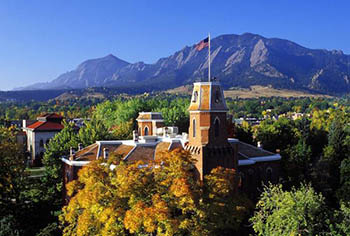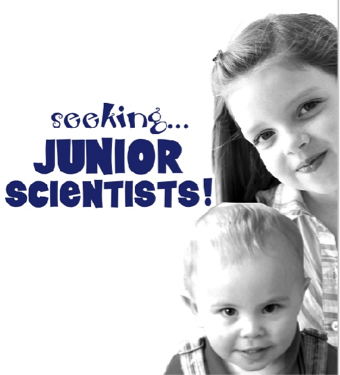Nov. 15 talk to assess the impact of ancient urbanism
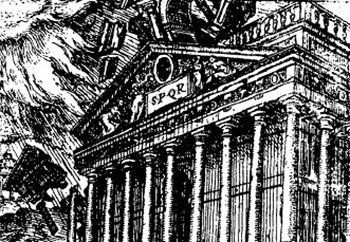
"Oppidum cadavera: Assessing the Impact of Ancient Urbanism on Modern Europe and Beyond" by John W. Hanson, CU Boulder Research Associate
We know that cities were a hallmark of the ancient world and had a fundamental impact on the development of urbanism in Europe and beyond, but it is still not clear the exact nature of the relationship between ancient and modern urban systems.
In this talk, Hanson will use new data and innovative methods to explore to what extent ancient urbanism acted as a template for the modern world and what this can tell us about the survival, destruction or resilience of urban systems.
This lecture is presented by the CU Museum of Natural History in partnership with the Archaeological Institute of America.
Wednesday, Nov. 15, 7 p.m.
CU Museum of Natural History

